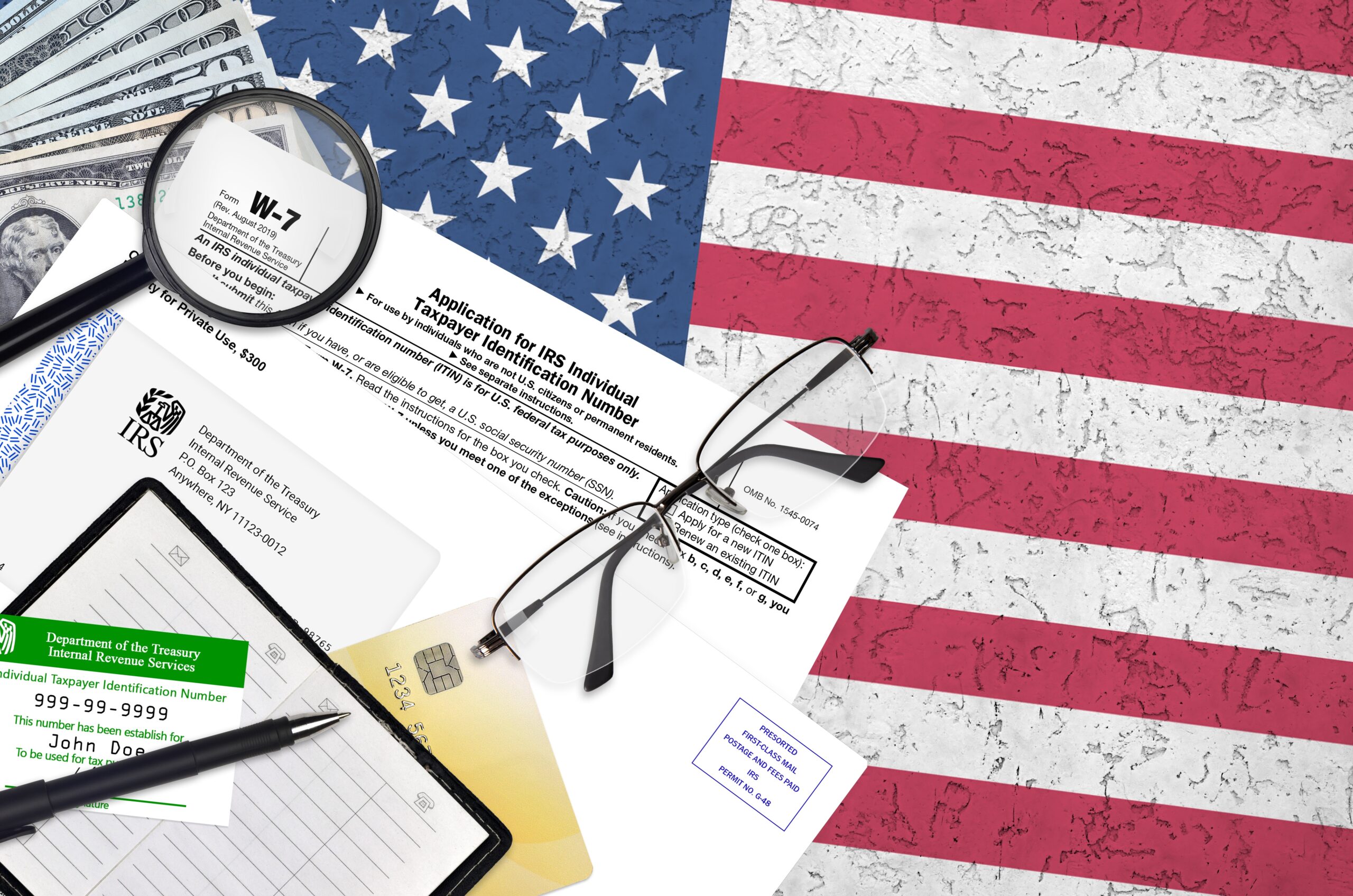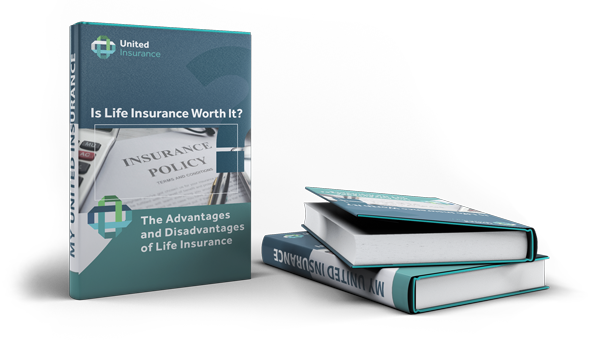
Life insurance is often touted as a tax-free investment. But what does that mean? What is the life insurance tax definition? In this blog post, we will discuss IRS section 7702 and how it applies to life insurance policies. We will also provide a few examples to help illustrate how this section works. When you are considering purchasing a life insurance policy, it is important to understand how the taxes work. This is so that you can make an informed decision about what type of policy is best for you.
IRS Section 7702
Section 7702 of the IRS defines life insurance contracts for taxation purposes. Specifically, this part of the code is used to distinguish genuine insurance contracts from investment products that are marketed as being similar to insurance.
Ordinarily, life insurance contracts offer tax-free death benefits to beneficiaries. Cash value policies can also offer tax-free growth. Section 7702 is designed to prevent abuses of the tax-advantaged nature of life insurance. It does so by imposing a two-pronged test on life insurance contracts.

How The 7702 Section Works
The IRC outlines two tests that life insurance contracts must pass to retain their tax-advantaged status. Policies can either use the cash value accumulation test (CVAT) or the guideline premium and corridor test (GPCT).
Cash Value Accumulation
The cash value accumulation test says that the cash surrender value of a life insurance contract can’t be more than the total of all future premium payments due. What this means in simple terms is that if you could pay a lump-sum premium to fully fund the policy, the cash value at surrender would have to be less than that amount. If the cash value is more than any future payments you’d need to make to satisfy the premiums, then the contract fails the cash value accumulation test.
In that case, the IRS says that you have an investment product, not a life insurance contract. This means any proceeds from the product would be considered taxable, either as ordinary income or capital gains. This could put you or your beneficiaries into a higher tax bracket when surrendering the policy or receiving a death benefit.
Guideline Premium and Corridor Test
The guideline premium and corridor test have different sets of requirements. Instead of looking at cash value, this test focuses on premiums paid. Specifically, the GPCT standard says that an insured person can’t pay more into the policy than is necessary to fully fund the death benefit. Again, if a life insurance contract fails this test then cash value or death benefits would lose their tax-advantaged status.
CVAT and GPCT
Section 7702 specifies that insurance companies must only use one or the other test for determining whether a life insurance contract can avoid taxation. Once the insurance company selects either the cash value accumulation test or the guideline premium and corridor test for a particular policy, they can’t flip-flop later and use the other test.
As an insurance purchaser, it’s also important to understand how the choice of the test might affect you. Generally, whether an insurance company uses CVAT or GPCT guidelines can influence what you’ll pay for premiums. It can also impact cash value accumulation as well as other policy features and benefits.
7702 or Retirement Plans
If you work for an employer rather than being self-employed, you may be offered access to a 7702 plan as part of your benefits package. While 7702 plans may be marketed as a type of retirement plan they’re quite different from a standard 401(k) or similar workplace retirement savings option. A 7702 plan is essentially a life insurance policy that accumulates cash value. Depending on which company is issuing the plan this could be a variable life insurance policy or a universal life insurance policy. Cash value grows inside the policy on a tax-deferred basis, assuming the contract meets the CVAT or GPCT guidelines. That’s similar to a traditional 401(k) or traditional IRA.
But there are some key differences. First, there’s no tax deduction for 7702 plans. Contributions to a 401(k) or traditional IRA, on the other hand, can be tax-deductible. You will, however, pay income tax on qualified withdrawals in retirement.
Cash Value life
With cash value life insurance, the cash value can be withdrawn tax-free as long as the amount doesn’t exceed what you’ve paid. You may also be able to borrow against the policy through a loan, without incurring a tax penalty the way you might with a 401(k) loan or early IRA withdrawal. But taking out a loan or withdrawing cash value can reduce the policy’s death benefit.
You can pass on a cash value policy to your beneficiaries with a tax-free death benefit, again, assuming that the policy passes a Section 7702 test. Leaving a 401(k) or IRA to a spouse or other beneficiary, however, can trigger tax implications for the person inheriting those funds.
Bottom line, a 7702 plan isn’t the same as a retirement plan, even if it’s presented to you that way. While cash value life insurance may be a good fit for your financial strategy, it’s not an exact substitute for other types of qualified retirement plans when investing for the long term.

Buying Cash Value Life Insurance
If you’re interested in buying cash value life insurance, take time to compare life insurance companies first. Consider their overall reputation first, then explore policy options. Specifically, consider coverage minimum and maximum limits, types of cash value policies available, and what you might pay in premiums. It’s relatively easy to get life insurance quotes online.
Once you’ve applied for a policy, be sure to understand what you’re getting before signing off on the contract. While it’s rare to come across a cash value policy that doesn’t meet the 7702 guidelines, it’s still a possibility. So be sure to ask the insurance company which tests they used to ensure that the contract they want to issue to you meets the IRS standards. If an insurance company seems unwilling to disclose that information that may be a sign that you should look elsewhere for coverage.
Bottom Line
A cash value life insurance policy can be a good addition to your financial strategy, but it’s important to understand how it works before buying a policy. Make sure you compare different policies and companies before making a decision. Also, always ask about the IRS Section 702 tax test to ensure that the contract meets all the requirements. Contact us for more information.
